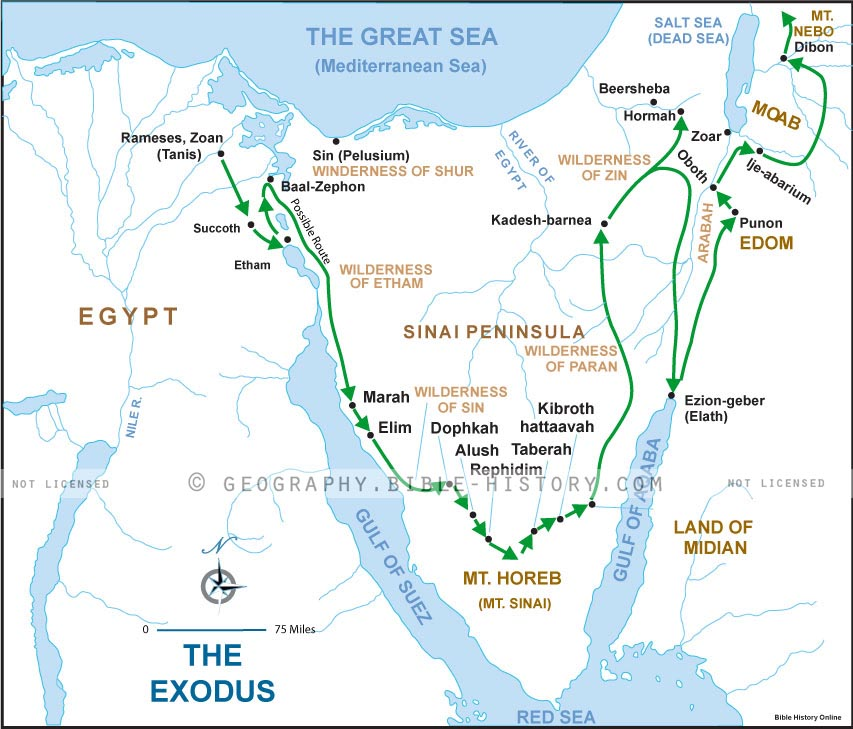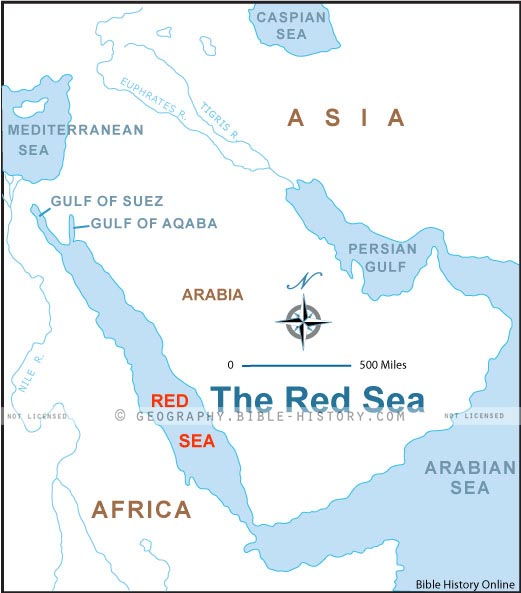14-18. Three times . . . keep a feast . . . in the year--This was the institution of the great religious festivals--"The feast of unleavened bread," or the passover--"the feast of harvest," or pentecost--"the feast of ingathering," or the feast of tabernacles, which was a memorial of the dwelling in booths in the wilderness, and which was observed in the seventh month (Ex 12:2). All the males were enjoined to repair to the tabernacle and afterwards the temple, and the women frequently went. The institution of this national custom was of the greatest importance in many ways: by keeping up a national sense of religion and a public uniformity in worship, by creating a bond of unity, and also by promoting internal commerce among the people. Though the absence of all the males at these three festivals left the country defenseless, a special promise was given of divine protection, and no incursion of enemies was ever permitted to happen on those occasions.
JFB.
Outline
Laws against falsehood and injustice. (1-9)
The year of rest, The sabbath, The three festivals. (10-19)
God promises to conduct the Israelites to Canaan. (20-33)
Important Topics for Bible Study
Quick Reference Map

Map of the Possible Route of the
Exodus
(Click to Enlarge)
Ancient Customs
Ancient People
Geography
the wilderness
the mount of God
Quick Reference Maps

Map of the Red Sea and Egypt
(Click to Enlarge)
The Old Testament

Exodus Resources
Moses
and the Exodus
The Giving of the Law
The
Tabernacle
The Wilderness Wanderings